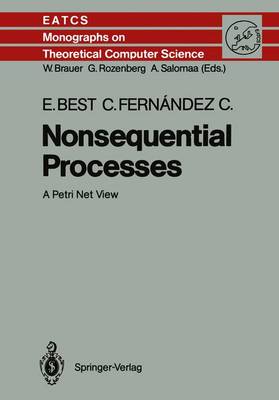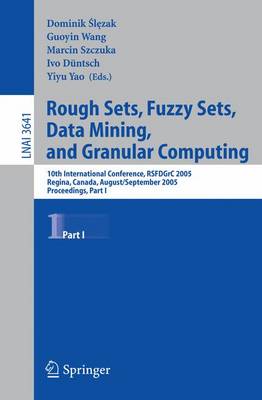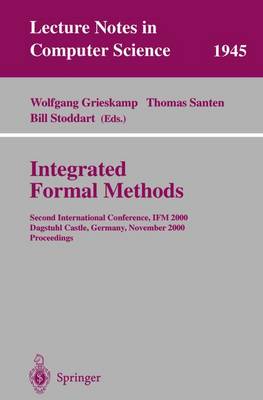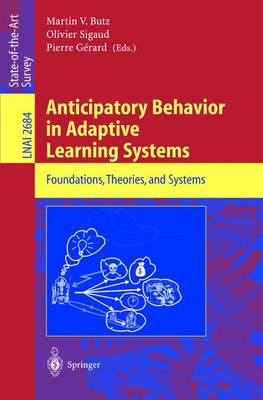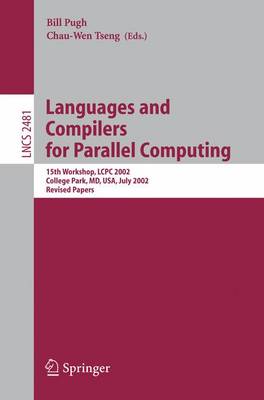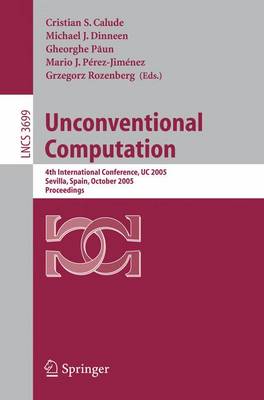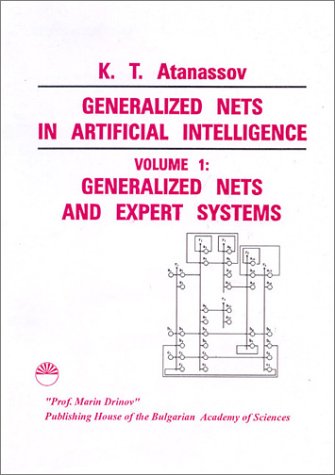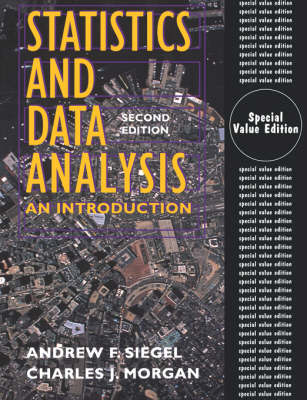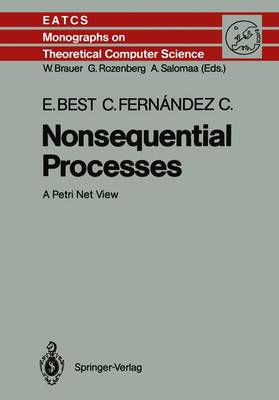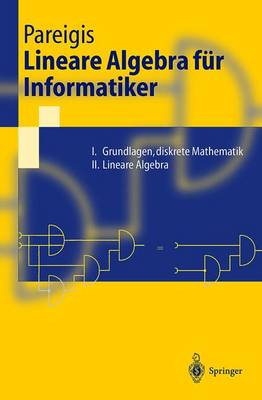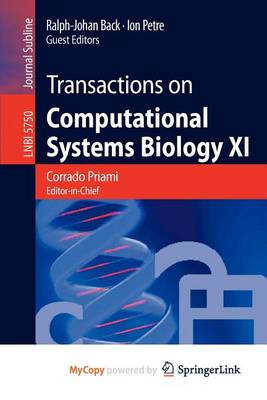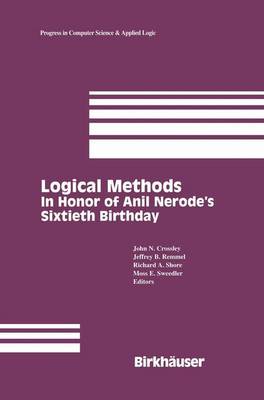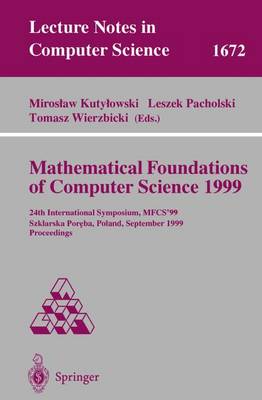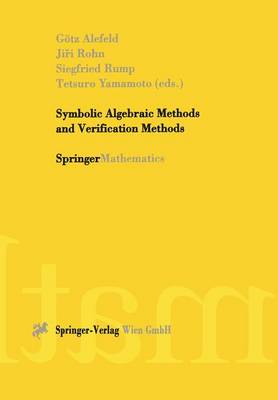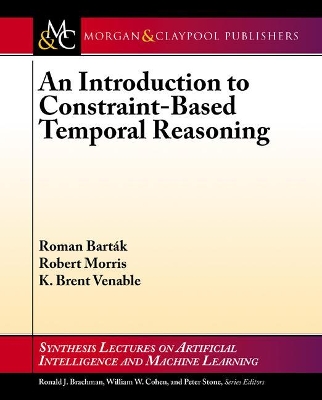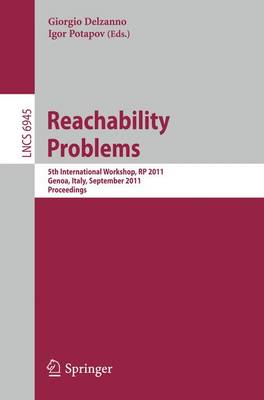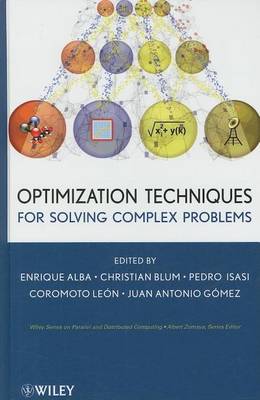The theory of Petri nets is a part of computer science whose importance is increasingly acknowledged. Many papers and anthologies, whose subject matter is net theory and its applications, have appeared to date. There exist at least seven introductory textbooks on the theory. The present monograph augments this literature by offering a mathematical treatment of one of the central aspects of net theory: the modelling of concur- rency by partially ordered sets. Occurrence nets - which are special n...
Rough Sets (Lecture Notes in Artificial Intelligence, #3642) (Lecture Notes in Computer Science, #3641)
by Dominik ?L?zak
This volume contains the papers selected for presentation at the 10th Int- national Conference on Rough Sets, Fuzzy Sets, Data Mining, and Granular Computing, RSFDGrC 2005, organized at the University of Regina, August 31st-September 3rd, 2005. This conference followed in the footsteps of inter- tional events devoted to the subject of rough sets, held so far in Canada, China, Japan,Poland,Sweden, and the USA. RSFDGrC achievedthe status of biennial international conference, starting from 2003 in...
Integrated Formal Methods (Lecture Notes in Computer Science, #1945)
IFM 2000, the second in a series of international conferences on Integrated F- mal Methods, was held at the 18th-century chateau ^ of Schloss Dagstuhl, Sa- land, Germany, from the 1st to the 3rd of November 2000. The conference programme consisted of invited talks from Sir Tony Hoare FRS and Wolfram Schulte, along with 22 papers selected from 58 submissions. Applying formal methods may involve the modelling of di erent aspects of a system that are expressed through di erent paradigms. This motiv...
The matter of anticipation is, as the editors of this volume state in their preface, a rathernewtopic. Giventhealmostconstantusewemakeofanticipationin our dailyliving,itseemsoddthatthebulk ofpsychologistshavepersistentlyignored it. However, the reason for this disregard is not di?cult to ?nd. The dogma of the scienti?c revolution had from the outset laid down the principle that future conditions and events could not in?uence the present. The law of causation clearly demands that causes should pr...
Languages and Compilers for Parallel Computing (Lecture Notes in Computer Science, #2481)
by Bill Pugh
The 15th Workshop on Languages and Compilers for Parallel Computing was held in July 2002 at the University of Maryland, College Park. It was jointly sponsored by the Department of Computer Science at the University of Ma- land and the University of Maryland Institute for Advanced Computer Studies (UMIACS).LCPC2002broughttogetherover60researchersfromacademiaand research institutions from many countries. The program of 26 papers was selected from 32 submissions. Each paper was reviewed by at leas...
Unconventional Computation (Lecture Notes in Computer Science, #3699)
by Cristian S. Calude
The Fourth International Conference on Unconventional Computation, UC 2005, organized under the auspices of EATCS by the Centre for Discrete Mathematics and Theoretical Computer Science and the Department of C- puter Science and Arti?cial Intelligence of the University of Seville, was held in Seville, October 3-7, 2005. Seville, one of the most beautiful cities in Spain, is at its best in October. An explosion of colour and contrast: ?amenco, bull?ghting, and a lively at- sphere in the streets d...
Statistics and Data Analysis
by Andrew F. Siegel and Charles J. Morgan
Introductory statistics book for the non-technical person that integrates the traditional foundations of statistical inference with the more modern ideas of data analysis. The book is divided into three parts. Part One is concerned with data in general and with describing groups of numbers. Part Two develops the ideas of randomness, probability, and statistical inference. Part Three moves forward, applying these ideas to more complex data structures and the analysis of relationships.
Tribology of Diamond-Like Carbon Films (Lecture Notes in Computer Science, #358)
This book highlights some of the most important structural, chemical, mechanical and tribological characteristics of DLC films. It is particularly dedicated to the fundamental tribological issues that impact the performance and durability of these coatings. The book provides reliable and up-to-date information on available industrial DLC coatings and includes clear definitions and descriptions of various DLC films and their properties.
Lineare Algebra Fur Informatiker (Springer-Lehrbuch)
by Bodo Pareigis
Das vorliegende Buch bietet eine auf die Belange der mathematischen Grundausbildung der Informatiker zugeschnittene Einfuhrung in die Lineare Algebra, die den Leser bis hin zu den Euklidischen Vektorraumen und der Hauptachsentransformation fuhrt. Besonders interessant sind Anwendungen der Vektorrechnung in der Codierungstheorie, Anwendungen der Matrizenrechnung auf lineare Gleichungssysteme und elementare Rechenmethoden zur Invertierung und Zerlegung von Matrizen und zur Bestimmung von Eigenwert...
The twenty-six papers in this volume reflect the wide and still expanding range of Anil Nerode's work. A conference on Logical Methods was held in honor of Nerode's sixtieth birthday (4 June 1992) at the Mathematical Sciences Institute, Cornell University, 1-3 June 1992. Some of the conference papers are here, but others are from students, co-workers and other colleagues. The intention of the conference was to look forward, and to see the directions currently being pursued, in the development of...
Dimensionality Reduction (Chapman & Hall/CRC Computer Science & Data Analysis)
by Miguel A. Carreira-Perpinan
Dimensionality reduction (DR) refers to the problem of projecting high-dimensional data onto a low-dimensional manifold so that relevant information is preserved. DR arises in many application areas where direct processing of the data is too costly. Through a machine-learning perspective that focuses on algorithms rather than theory, Dimensionality Reduction provides an overview of methods for DR including real-world applications taken from areas such as speech processing and computer vision. In...
Mathematical Foundations of Computer Science 1999 (Lecture Notes in Computer Science, #1672)
This volume contains papers selected for presentation during the 24th Interna tional Symposium on Mathematical Foundations of Computer Science held on September 6-10, 1999 in Szklarska Por^ba, Poland. The symposium, organized alternately in the Czech Republic, Slovakia, and Poland, focuses on theoretical aspects and mathematical foundations of computer science. The scientific program of the symposium consists of five invited talks given by Martin Dyer, Dexter Kozen, Giovanni Manzini, Sergio Raj...
Computer Science Logic (Lecture Notes in Computer Science, #832)
by E Borger, Yuri Gurevich, and K Meinke
Symbolic Algebraic Methods and Verification Methods
The usual usual "implementation" "implementation" ofreal numbers as floating point numbers on exist- iing ng computers computers has the well-known disadvantage that most of the real numbers are not exactly representable in floating point. Also the four basic arithmetic operations can usually not be performed exactly. For numerical algorithms there are frequently error bounds for the computed approximation available. Traditionally a bound for the infinity norm is estima- ted using ttheoretical h...
The Semantic Web is a young discipline, even if only in comparison to other areas of computer science. Nonetheless, it already exhibits an interesting history and evolution. This book is a reflection on this evolution, aiming to take a snapshot of where we are at this specific point in time, and also showing what might be the focus of future research.This book provides both a conceptual and practical view of this evolution, especially targeted at readers who are starting research in this area an...
Solving challenging computational problems involving time has been a critical component in the development of artificial intelligence systems almost since the inception of the field. This book provides a concise introduction to the core computational elements of temporal reasoning for use in AI systems for planning and scheduling, as well as systems that extract temporal information from data. It presents a survey of temporal frameworks based on constraints, both qualitative and quantitative, as...
Coordination of Large-Scale Multiagent Systems (Topics in Current Physics; 47)
by P Scerri
Challenges arise when the size of a group of cooperating agents is scaled to hundreds or thousands of members. In domains such as space exploration, military and disaster response, groups of this size (or larger) are required to achieve extremely complex, distributed goals. To effectively and efficiently achieve their goals, members of a group need to cohesively follow a joint course of action while remaining flexible to unforeseen developments in the environment. Coordination of Large-Scale Mul...
Reachability Problems (Lecture Notes in Computer Science, #6945)
by Giorgio Delzanno
Computational Trust Models and Machine Learning provides a detailed introduction to the concept of trust and its application in various computer science areas, including multi-agent systems, online social networks, and communication systems. Identifying trust modeling challenges that cannot be addressed by traditional approaches, this book:Explains
Parallel Computing Technologies (Theoretical Computer Science and General Issues, #10421) (Lecture Notes in Computer Science, #6873)
This book constitutes the proceedings of the Third International Conference on Parallel Computing Technologies, PaCT '95, held in St. Petersburg, Russia in September 1995. The volume presents 45 revised full papers selected from a total of 98 submissions, including six invited presentations. The proceedings is organized in parts on theory, software, hardware and architecture, and applications to large-scale problems. Parallel processing technologies are shown to be the touchstone of parallel the...
Real-world problems and modern optimization techniques to solve them Here, a team of international experts brings together core ideas for solving complex problems in optimization across a wide variety of real-world settings, including computer science, engineering, transportation, telecommunications, and bioinformatics. Part One-covers methodologies for complex problem solving including genetic programming, neural networks, genetic algorithms, hybrid evolutionary algorithms, and more. Part Two-d...
